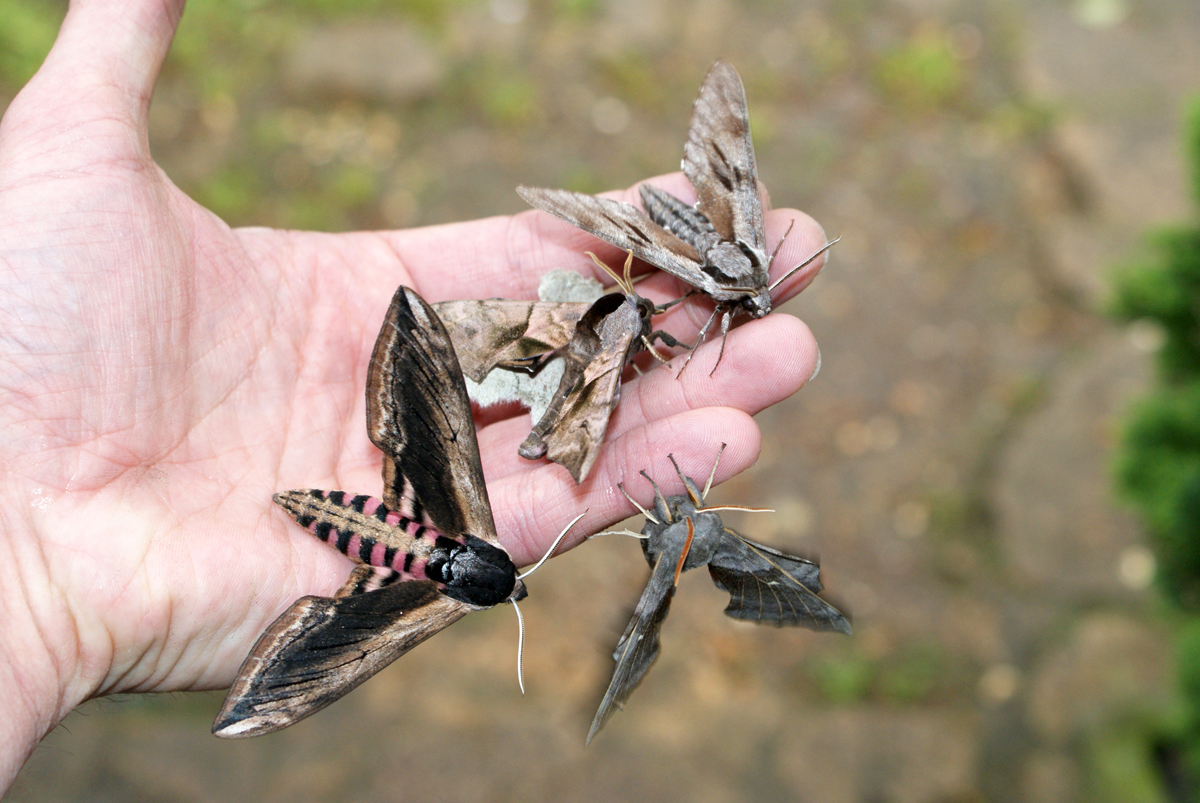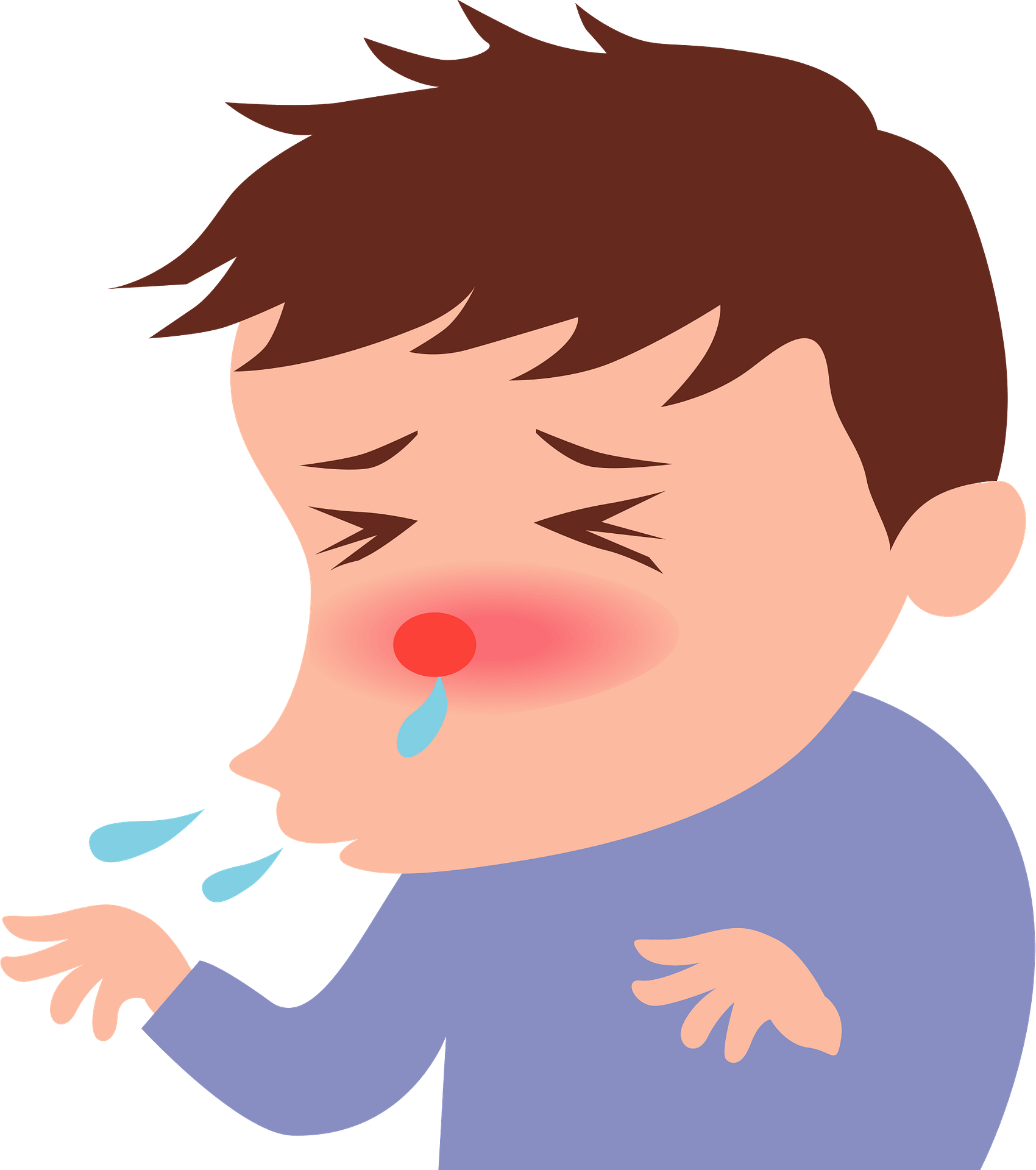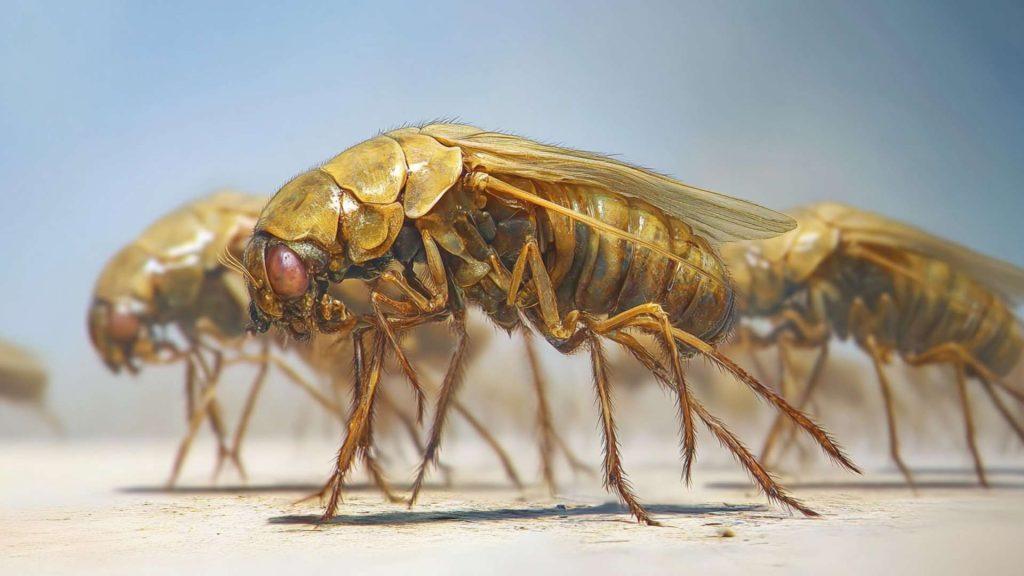Moths are often considered harmless insects, but they can cause health concerns for some individuals. While moths themselves do not bite or sting, their presence can still lead to allergic reactions in certain people. Understanding whether moths are harmful and how they can cause allergic reactions from moths can help you manage potential health risks associated with these insects.



How Moths Can Trigger Allergic Reactions
Moths are not typically harmful to humans, but their larvae, scales, and even the dust from their wings can sometimes cause allergic reactions. When moths flutter around, tiny particles from their wings and bodies can become airborne. These particles, known as moth scales, can irritate the respiratory system when inhaled. People with pre-existing allergies or asthma may find themselves more susceptible to reactions caused by exposure to these particles. Additionally, certain species of moths have larvae covered in tiny hairs or spines that can irritate the skin. Contact with these larvae may cause itching, redness, and even hives in individuals with sensitive skin. While rare, some moth species, like the puss caterpillar, have venomous spines that can cause more severe reactions, though such encounters are uncommon and usually limited to specific regions. Another factor contributing to allergies is the presence of moth larvae and cocoons in homes. Moth infestations, especially in pantries or closets, can leave behind webbing, frass (moth droppings), and shed skins. These materials can act as allergens, triggering respiratory symptoms like sneezing, coughing, or wheezing, particularly in people with dust allergies.Are Moths Harmful to Health?
In general, moths are not considered directly harmful to human health. Moths do not carry diseases or pose a significant health risk through bites or stings. However, their presence in large numbers or the buildup of moth-related materials in a home cause discomfort and health issues for sensitive individuals. People with asthma, allergies, or respiratory issues may experience increased symptoms when exposed to moth scales or debris left behind by moths. While these reactions are typically mild, they can worsen in environments where moth infestations are left unchecked. The good news is that these health concerns are preventable with proper pest management and home maintenance.Preventing Allergic Reactions from Moths
You can avoid the risk of allergic reactions caused by moths by maintaining a clean and well-ventilated home. Regular vacuuming and dusting can help remove moth scales, larvae, and other allergens from carpets, upholstery, and storage areas. Ensuring that clothing and food items are stored in sealed containers can also reduce the chances of moth infestations, limiting the spread of allergens in your living space. If you suspect that moth larvae are present in your home, take action immediately by cleaning infested areas and using moth traps or repellents to eliminate the problem. For individuals with severe allergies or asthma, it may be helpful to use air purifiers or allergen-proof bedding to reduce exposure to airborne particles that could trigger reactions.Common Reactions and Symptoms
The symptoms of an allergic reaction to moths can vary depending on the individual and the level of exposure. Common symptoms may include:
- Sneezing or runny nose
- Itchy or watery eyes
- Skin irritation or hives after contact with larvae
- Wheezing, coughing, or difficulty breathing (in more severe cases)
Myths and Facts About Moths and Allergic Reactions
| Myth | Fact |
| Moths can bite or sting humans. | Moths do not bite or sting; their larvae and scales may cause mild allergic reactions. |
| All moths are harmful and cause severe allergies. | Most moth species are harmless, and only certain individuals experience allergic reactions. |
| Moth infestations always lead to health problems. | Moth infestations may trigger allergies in sensitive individuals, but they don’t pose serious health risks. |
| All moth larvae are dangerous to touch. | Only specific species have larvae that cause skin irritation, and most moths have harmless larvae. |
| Moth scales are not harmful when inhaled. | For people with respiratory sensitivities, moth scales can cause mild irritation when inhaled. |


